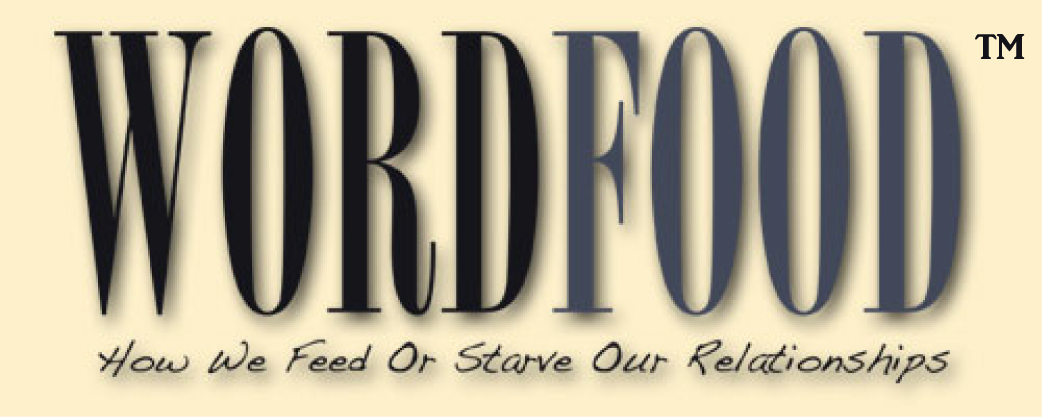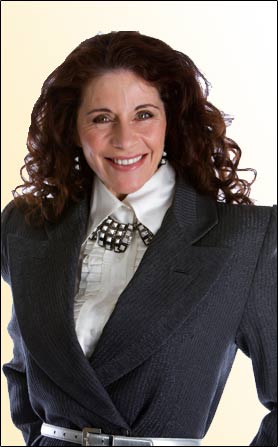Having never been a parent, nor ever wanting to be one, the issue of how to raise kids doesn’t usually concern me. However, a couple of recent posts on Facebook got me thinking. One was linked to a New York Times article which pointed out how parents tend to baby their girls and warn them of danger rather than encourage them to be brave. The other was about helicopter parents, who, as George Carlin used to point out, would sue the school of their kid’s foot feel asleep from “just standing around.”
Both pointed to behaviors I find troubling, in part because we are at a point where we need strong women, and strong kids in general. The habit of parents to over coddle and warn kids of imminent danger teaches fear and insecurity. This has far more to do with Mommy and Daddy than the kid. Those of us who grew up on farms with a host of dangers to deal with paid the occasional price for an accident. Being a Baby Boomer, I didn’t wear helmets for any sports, and I got my share of bumps. However, as with any child, that’s part of the price we pay to learn what not to do. With girls in particular, the constant shriek of terror from Mommy every time her adventurous daughter decides to try something new is precisely the wrong message. While I’m not saying that you should let your kid climb the ladder to the roof, why not climb it WITH her and teach her how?
When I left the Army in 1976, I was treated to the beginning of a movie Renaissance with the May opening that year of “Aliens” with Sigourney Weaver. The Lieutenant Ripley character has been my point of reference ever since. A no prisoners, smart, savvy, competent woman who deals with fear, depression, has mothering instincts and shows love, and still takes on the nastiest creature in the Universe. The message that I got out of the movie was that one doesn’t forfeit our womanhood by being brave. If anything, by not learning to be courageous, we teach our girls to be timid, apologetic, fearful and ridiculous.
By ridiculous, I point to every single time I hear some nitwit scream because she sees a roach, a snake, a wasp, a spider, or any creepy crawly. It’s an embarrassment to me personally and it’s an embarrassment to all women in general. It’s not cute to be afraid, the NYT author said, and I totally agree. Life is full of dangers, whether a poisonous snake or an abuser. Without learning courage, our daughters become easy victims.
I would invite all parents who have daughters to start watching your language. Are you feeding your kids fear? Are you teaching timidity? My veteran buddy Grace Tiscareno-Sato has a blind daughter who is an overachiever and she takes school and sports and just about all the world can hand her. Grace has fed her a steady diet of support and encouragement. She has her daughter’s back, rather than trying to protect her. As a result, her daughter is gutsy and brave and against all odds, incredibly self assured.
Watch that you don’t project your own fears onto your kids. Encourage. Challenge. Have their backs. Put a bandaid on the boo boo or a cast on that broken arm. Let the kids learn. Otherwise we cripple them with fear.

